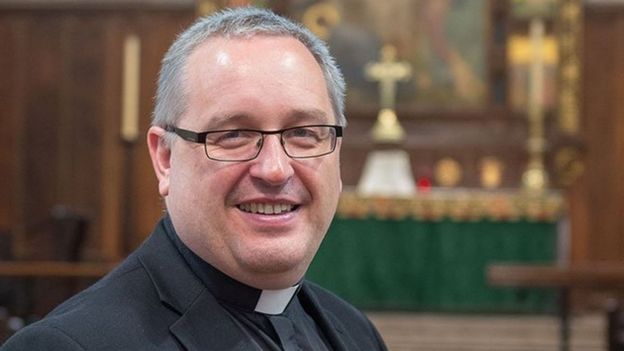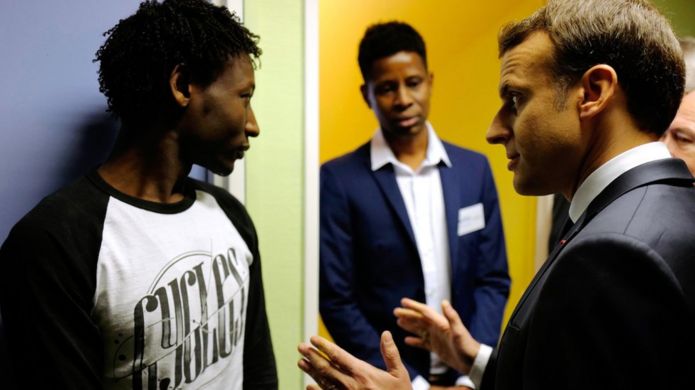By Jenilyn Brhel
Impunity Watch Reporter, Europe
COPENHAGEN, Denmark – Over 1,000 adults and teens are facing charges for distribution of child pornography in Denmark.

Authorities in Denmark have charged approximately 1,000 Danes with distribution of child pornography after a video depicting sex between two fifteen-year olds was shared online.
The Danish national police’s cyber crimes unit reported that all but eight of the individuals charged are under the age of 25. Several fourteen-year olds who distributed the video are being spared charges.
The video clips in question, one fifty seconds long and one nine seconds long, were distributed through the Facebook Messenger App. The videos were recorded in March of 2015 and depict two teenagers engaging in sexual acts.
The videos reportedly depict a girl being penetrated with foreign objects. The girl stated she consented to the sex but not to the video being recorded or distributed. In a 2016 interview, she stated, “I tried to forget that evening. I knew that it was filmed, but I didn’t realize they would think of passing the videos on to others.” She later stated that the video was used in order to blackmail her in to sending nude photos of herself to the individual who recorded it.
After the clip was posted to the live feed, Facebook contacted the National Center for Missing and Exploited Children in the United States, who in turn contacted Dutch authorities.
Consensual sex between fifteen-year olds in Denmark is legal. However, the distribution of videos of teens engaged in sex violates Denmark’s child pornography laws. The minimum age for legal distribution of pornography is 18.
If convicted, those found guilty could face up to 20 days in prison. The conviction would remain on their records for ten years, during which time they could not become law enforcement officers or take certain positions working with children.
Mira Bech, a nineteen-year old who stated she saw the video and stored it, claimed “This will ruin my life. The world’s most ridiculous case. I couldn’t tell that the people in the video were under 18.”
The topic of explicit images being shared over social media without consent is not a new topic in Denmark. Emma Holten, who campaigns against bullying, said, “Four years ago, I would have felt sorry for them,” she said. “Back then you could have argued that they were not aware of that it was illegal, but today they know.”
For more information, please see:
CNN – Danish Police Charge 1,000 Young People With ‘Distribution of Child Porn’ – 16 January 2018
Newsweek – Child Porn Video Gets More Than 1,000 People Charged in Denmark for Sharing it – 16 January 2018
The New York Times – 1,000 Danes Accused of Child Pornography for Sharing Video of Teens – 16 January 2018
The Washington Post – Hundreds of Teens in Denmark Suspected of Sending Child Porn – 16 January 2018



